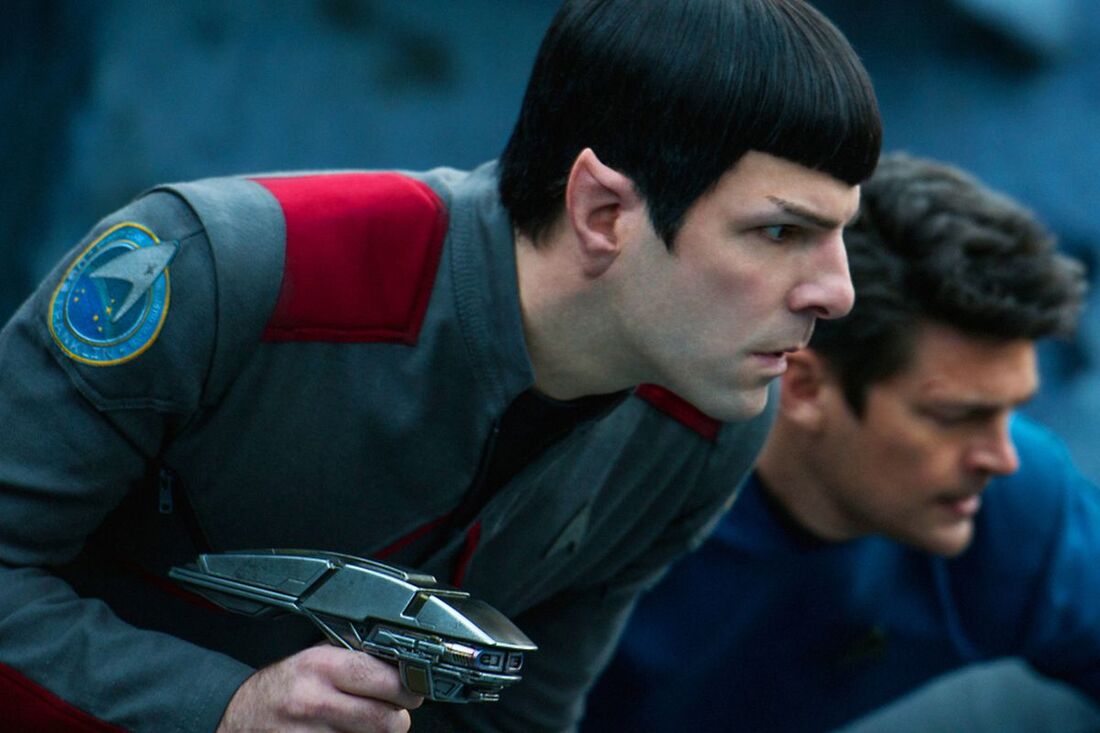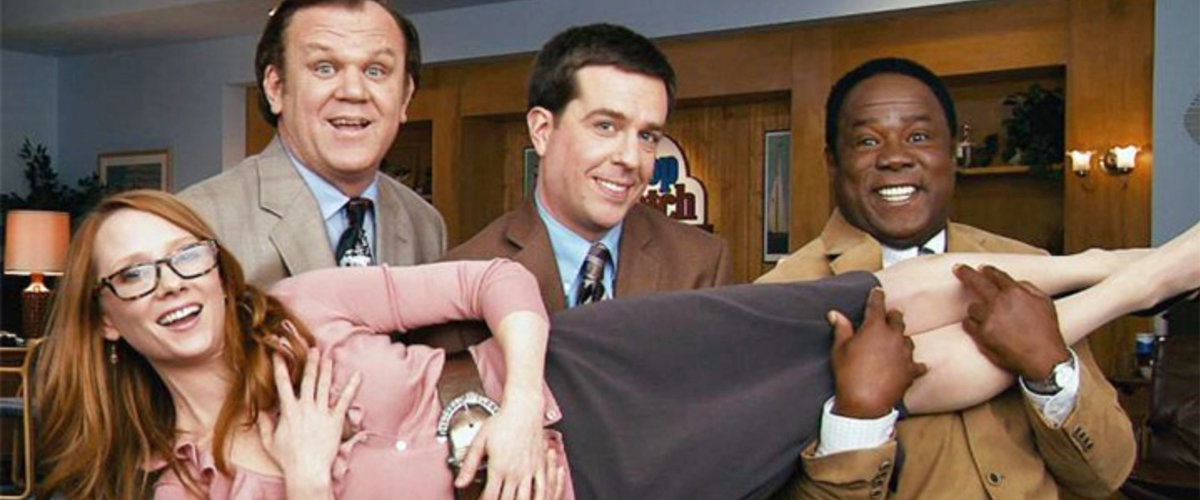|
Paul Feig’s mastery of the female-focused comedy (minus some ghost-busting) continues with A Simple Favor, a tremendously entertaining mystery satire that proves how comfortable Feig is across genres. His successful films have all been funny, but they capably operate within the confines of buddy cop or spy movies. A Simple Favor, based on a page turner one could imagine flipping through on a beach, is at root a credible whodunit, and Feig and writer Jessica Sharzer build on the book’s foundation with snappy dialogue and the extra mustard the cast puts on those lines. This is a return to form for Feig and a career best from co-star Blake Lively. If people still had cable, A Simple Favor is the kind of film that would suck away afternoons after a bout of random channel surfing.
0 Comments
My Star Trek knowledge extends as far as the 21st century reboots and some snippets of The Next Generation from childhood. Whoopi Goldberg was a psychic bartender, or something. From that limited perspective, I’ve still absorbed the default difference between the franchise and its contemporary, Star Wars, where the former is supposed to be about exploration and diplomacy while the latter is grand military heroics pitched to the broadest possible audience. The modern Star Trek movies have elbowed their way into Star Wars territory, and indeed, likely final chapter Star Trek Beyond skips over the workaday missions of the USS Enterprise in an early montage meant to convey boredom and mental exhaustion. This particular incarnation only stops for the big confrontations, a choice that might anger Trekkies but, with a well-meshed cast and a plot that knows how to use them, Star Trek Beyond becomes the rare third chapter of trilogy that surpasses its predecessors. Freed from the original’s need to clumsily unite various timelines of Star Trek lore and the sequel’s misplaced desire to replicate decades-old characters, Justin Lin’s sci-fi actioner is as fun as big-budget filmmaking gets.
Christian Petzold’s recent work has dramatized difficult periods of 20th century German history. Barbara followed a woman under close surveillance by East Germany’s Stasi secret police, while the masterful Phoenix placed the psychological trauma of a Holocaust survivor amidst a ruined Berlin in the war’s immediate aftermath. In Petzold’s latest work, Transit, he returns to the fertile ground of 20th century upheaval and panic by adapting a novel set in a France that’s on the brink of total domination by the Nazi war machine, but, perhaps tired of period detail, the German director places the film’s events in a contemporary setting. Characters aren’t checking the Nazi’s progress on their smart phones, but there are plenty of modern signposts and presumptions that push the viewer out of the comfort zone that usually exists in historical dramas. The past becomes the present in Transit, a chilling morality tale that further cements Petzold as the prime cinematic chronicler of the moral dilemmas that arise when the safeguards of society are not what they once were, a talent that makes Transit a vital film for this moment.
Despite coming out at the beginning of the 2010’s, How to Train Your Dragon remains one of the best films of the decade, not only in animation but across all genres. Dean DeBlois’ and Dreamworks Animation’s adaptation of Cressida Cowell’s fantasy series put aside the crass and tired pop culture references that made the studio successful in favor of powerful and cinematic storytelling that stresses a message of experimentation and resistance to hidebound tradition, potentially sparking a generation of scientists who upend established knowledge while humming the film’s rousing theme. Nine years later, DeBlois closes out his franchise with the trilogy-ending How to Train Your Dragon: The Hidden World, a film that seems designed to surgically remove tears from the eyes of viewers who love the original. The new film contains mirrored shots that augment and deepen images etched in a fan’s memory. It makes for an experience more subjective than the already-subjective process of reviewing a film, as this is a can’t-miss stunner that feels like it was made specifically for me.
Miguel Arteta’s Cedar Rapids is best described as a casting bonanza. Show a viewer whose never seen John C. Reilly onscreen this movie, and they’ll have a thorough understanding who the actor is. This low-stakes comedy about insurance salesman at an annual conference features actors inhabiting roles that only they could’ve played, led by Ed Helms as Tim Lippe, a sheltered man-child who invests his career with the seriousness of a heart surgeon. Still the best part that Helms has ever played, Lippe serves as an audience surrogate into the inert and corrupt world of Midwestern insurance, a racket not unlike the region it exists in, such that innate decency is buried underneath ostentatious religiosity and the appearance of things proceeding as normal. Cedar Rapids knows this world as much as the cast knows their characters, and the result is a film that retains its warmth even as its protagonist’s rosy worldview falls away in exchange for another.
|
Side PiecesRandom projects from the MMC Universe. Categories
All
Archives
April 2023
|





 RSS Feed
RSS Feed